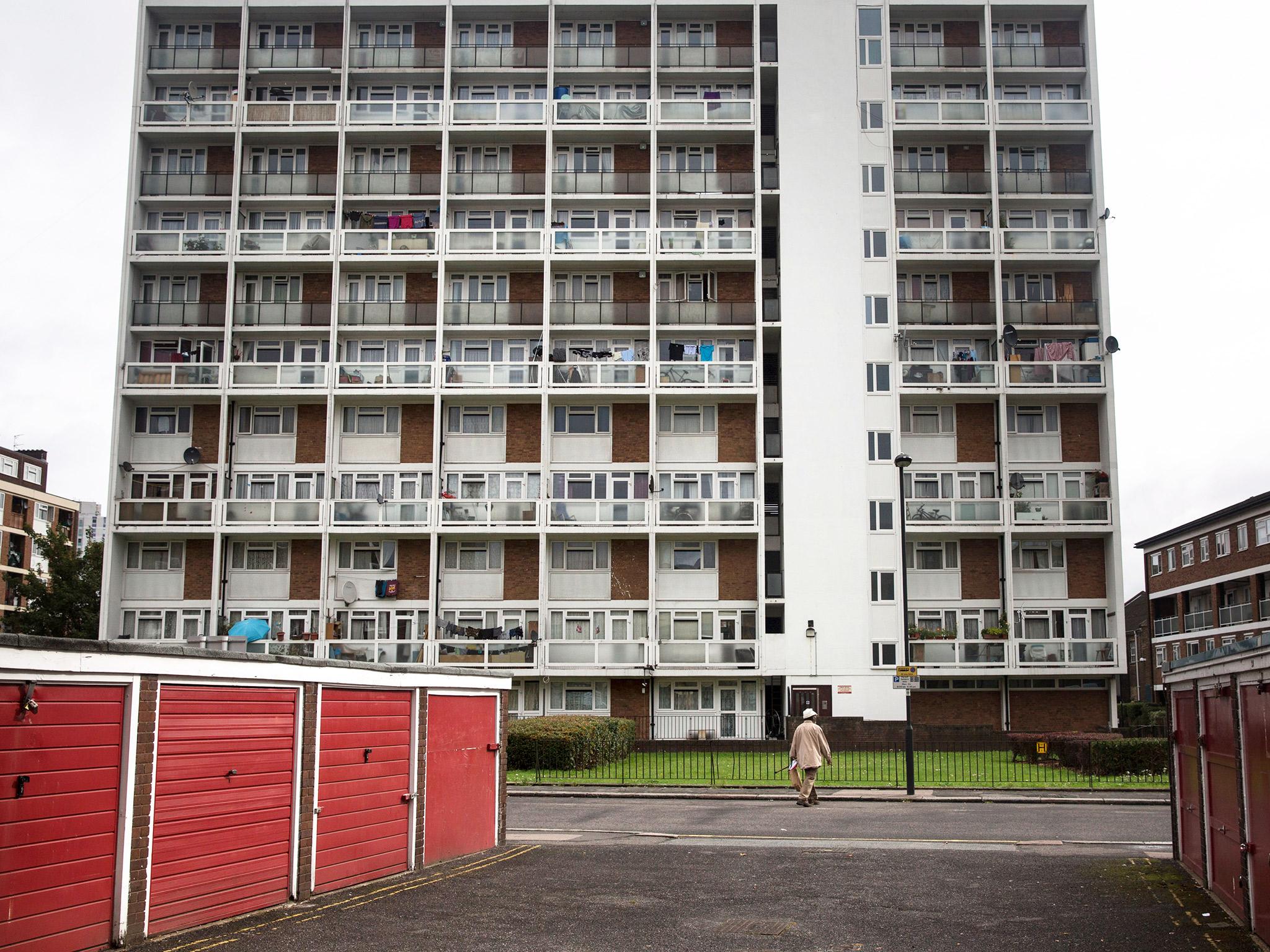After hearing that the super-rich are now being forced to rent, I've compiled a handy guide for them
My heart's been bleeding for the situation post-Panama, where no millionaire can buy discreetly any more

For the well-heeled of London, times are tough. The financial uncertainty of a looming EU referendum, the post-Panama Papers property market where ‘no one can buy quietly’, and the increase in stamp duty mean that the city's super rich are being forced to rent.
This is a challenging time for those used to the security of owning bricks and mortar, so as a seasoned London renter, I’d like to welcome them to the “Let Set” with a self-help guide for their first tentative steps into the rental market:
1. How long do you want to live somewhere?
Assured short-hold tenancies can last anywhere between six months to seven years. On average they last up to 12 months, but remember after your first six months your landlord can issue a Section 21 ‘no fault’ eviction, so really you can be evicted at any time.
This really sucks, so make sure to keep a list of back-up £10m+ properties you wouldn’t mind living in (even ones as far east as Bloomsbury).
2. What can you afford?
On average renters spend 35 per cent of their earnings on rent. This is a large chunk of your money, so do spend wisely.
The great thing about being a super prime renter is that you can live in a way nicer place than you could ever afford to buy. Changes to stamp duty means that the levy on a £15m home is the equivalent of three years’ worth of rent for a similarly priced house, so make the most of the opportunity. Why not try out having your own sauna, gym and porter?
3. Decide on your area
The larger the area you are prepared to look around, the better your chances of renting your dream home. Think outside of Belgravia: South Kensington, Knightsbridge, Mayfair, Regent’s Park and Holland Park are all just as nice, really.
4. No DSS (Department for Social Security) allowed
You might come across the phrases “DSS”, “Housing benefit” and “ Universal credit”. Don’t be alarmed. This doesn’t have anything to do with you, and now that you are part of Generation Rent, phrases like this will become redundant over time anyway.
These terms are for those who need help paying their rent, but now that you are turning your hand to driving up rent across the city, this support won’t go very far and they’ll have to leave London sooner or later. Give it five years and they won’t be under your feet any more!
5. Have your documents ready
Your landlord will want to check your identity and, more importantly, your immigration status. If you are not a EU citizen, assure them that you are not one of those migrants who come over here in boats by showing them your paper credentials (not the Panama type; remember, that is why you’re being forced to rent in the first place).
6. Will you need a rent guarantee?
If you are self-employed, as most elite entrepreneurs tend to be, you might need a rent guarantee or you will need to pay a chunk of your rent upfront. This shouldn’t be more than six months’ rent on your prime letting £5,000-per-week home, so don’t sweat it.
That’s about it. Once you’ve found the price, area and you have all your documentation ready, take the time to enjoy the house viewings, but be careful not to get stung by letting agent fees. Now the wealthy and the poor will finally have something to bond over: a disdain for London estate agents. And doesn’t that feel good?

Join our commenting forum
Join thought-provoking conversations, follow other Independent readers and see their replies